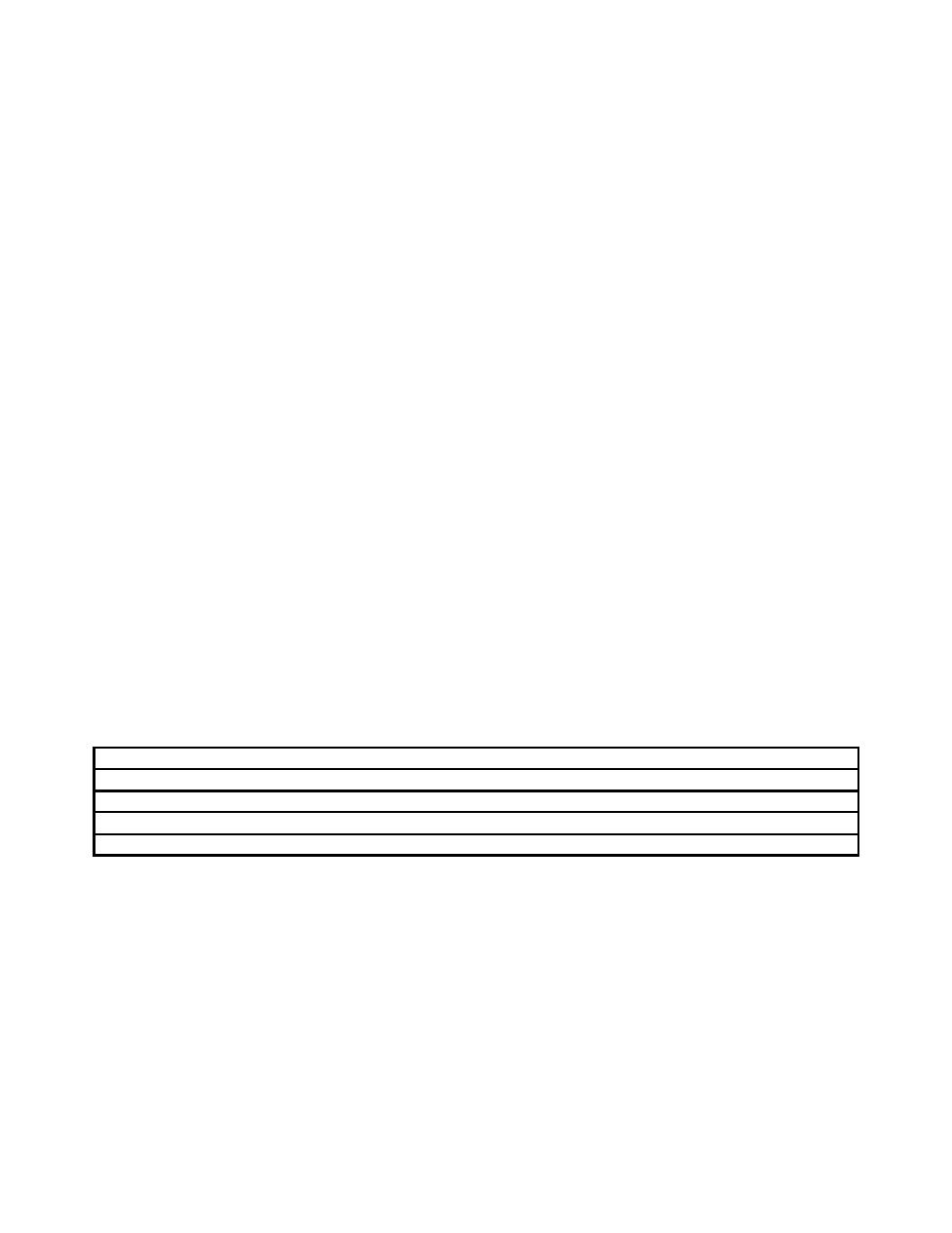
being embodied in the epistle. This feature we will consider after the other
references have been before us.
First of all let us turn to the Psalm from which the quotation is made.
Most of our readers know that the Psalms consist of five books which correspond
with the five books of the law, each book of the Psalms ending with a double
Amen. For a full exhibition of this feature The Companion Bible should be
consulted. The first book of the Psalms corresponds with the book of Genesis
and refers back to Adam and forward to Christ. The reinstatement of the Psalm
titles, through the labours of Dr. J.W. Thirtle, removes the heading `Upon Muth-
labben', which in the Authorized Version is at the commencement of Psalm 9, and
places it at the conclusion of Psalm 8. This feature is set out in Appendix 64
of The Companion Bible, showing that the complete Psalm is constructed as
follows:
(1)
The super-scription and the title proper.
(2)
The body of the Psalm itself.
(3)
The sub-scription.
Psalm 8 therefore has the super-scription `A Psalm of David' and the
subscription `To the chief Musician upon Muthlabben'.
The passage under immediate consideration reads as follows:
`What is man, that Thou art mindful of him?
And the son of man, that Thou visitest him?
For Thou hast made him a little lower than the angels,
And hast crowned him with glory and honour.
Thou madest him to have dominion over the works of Thy hands;
Thou hast put all things under his feet' (Psa. 8:4-6).
The quotation of this passage in Hebrews 2 is luminous when seen in its
setting. For this we need the structure, which reduced to simpler elements is
as follows:
Hebrews 1 and 2
A
1:1,2.
God once spoke by prophets.
Now by His Son.
B 1:2-14. Better than angels.
A
2:1-4.
God once spoke by angels.
Now by the Lord.
B 2:5-18. Lower than angels.
It will be seen that the quotation of Psalm 8 in Hebrews 2 is part of a
consistent comparison of the ministry of the Son of God with that of angels. It
appears from Hebrews 2:5 that a former world was under the rule of angels, but
that `the world to come' will not be, and the proof is found in the reference to
Adam in his capacity as a figure of Him that was to come. The Psalm enumerates
the orders that were put under the feet of the first man, Adam, they were:
`All sheep and oxen, yea, and the beasts of the field; the fowl of the
air, and the fish of the sea, and whatsoever passeth through the paths of
the seas' (Psa. 8:7,8),
but, when the apostle uses this in Hebrews 2, he says `Thou hast put all things
in subjection under His feet', and instead of referring to sheep and oxen, fowl
and fish, he draws the extraordinary conclusion `For in that He put all in
150